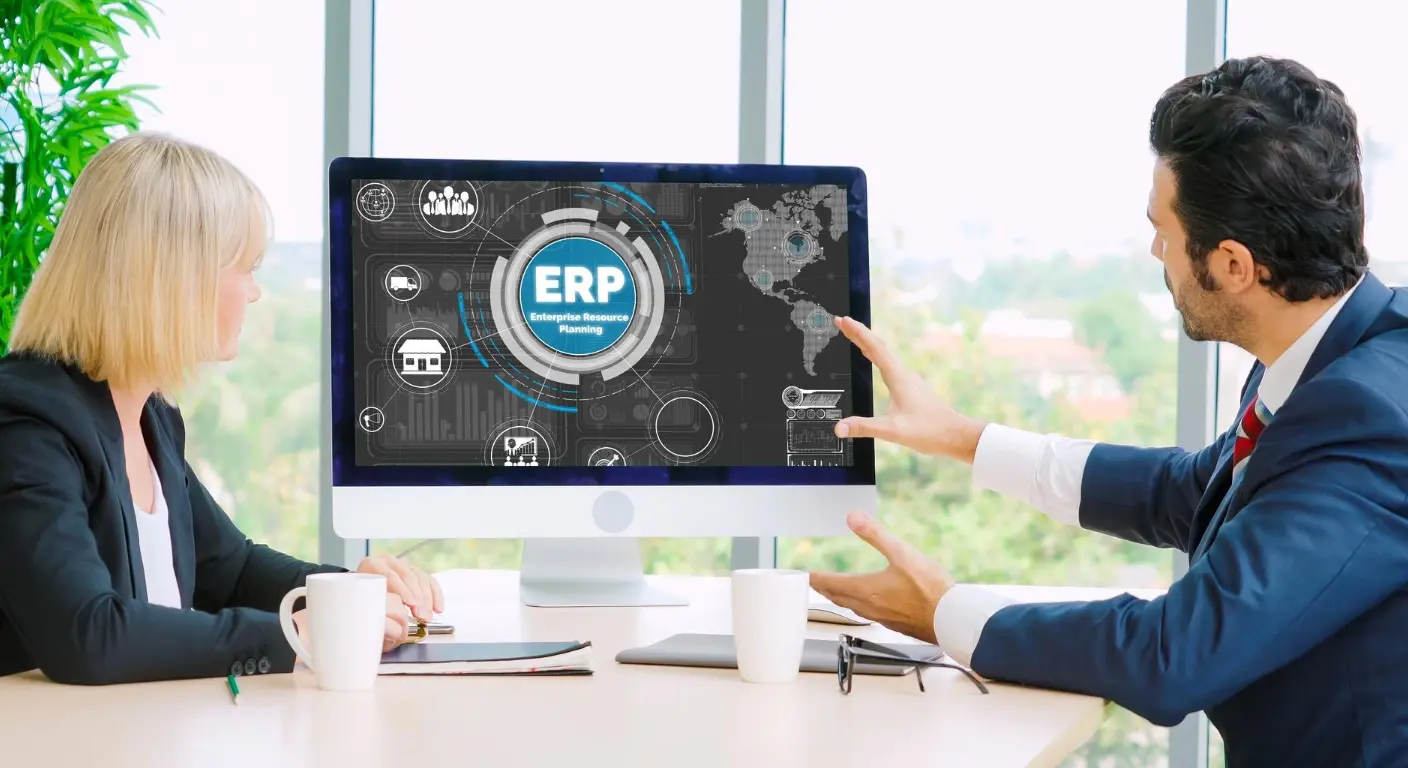

Sustainability and the Circular Economy

Sustainability and the circular economy are two concepts that have become ...
- Tags:
- Sustainability
Sustainability and the circular economy are two concepts that have become increasingly important in recent years. The idea of sustainability is to ensure that our current actions do not compromise the ability of future generations to meet their own needs. The circular economy, on the other hand, is a system that seeks to reduce waste and create a more efficient use of resources. In this blog post, we'll explore how these two concepts are related and how they can be used to create a more sustainable future.
What is Sustainability?
Sustainability is an approach to managing resources so that they can be used in ways that do not damage or deplete them for future generations. It involves taking into account environmental, economic, social, and other factors when making decisions about resource management. This means considering the long-term impacts of our actions on both people and the environment.
What is the Circular Economy?
The circular economy is a model based on reducing waste by creating closed-loop systems where resources are continually reused and repurposed, instead of being thrown away or discarded.
This model seeks to reduce the amount of resources consumed by businesses while still providing quality products and services. It works by designing products with components that can be recycled, repairing or refurbishing products when they are damaged or outdated, sharing materials and components rather than buying new ones, and reusing materials in different applications instead of throwing them away. By adopting this approach, businesses can save money in the long run while contributing to the sustainability of our planet.
How Are They Related?
Sustainability and the circular economy are closely related because they both seek to reduce waste and create a more efficient use of resources. By implementing sustainable practices, businesses can reduce their environmental impact while still meeting their goals. Similarly, by adopting a circular economy approach, companies can reduce their costs while still providing quality products and services. Both approaches require careful planning and consideration in order to be successful but when done correctly they can lead to significant benefits for both businesses and society as a whole.
Benefits of Sustainability & The Circular Economy
There are many benefits associated with sustainability and the circular economy such as:
-
Reduced environmental impact: By reducing waste through reuse or recycling, businesses can significantly reduce their environmental footprint which helps protect natural resources for future generations.
-
Increased efficiency: By focusing on reuse rather than disposal, businesses can save money by using fewer resources while still meeting customer demands. This leads to increased efficiency which in turn leads to higher profits for companies who adopt these practices.
-
Improved public health: By reducing pollution from production processes, businesses can help improve public health by reducing air pollution which has been linked to respiratory illnesses such as asthma or COPD (Chronic Obstructive Pulmonary Disease).
-
Job creation: Adopting sustainable practices often requires additional labor which creates new job opportunities for people who may otherwise struggle to find employment due to lack of skills or education levels required for traditional jobs in certain industries.
-
Social responsibility: Companies who embrace sustainability demonstrate social responsibility by showing concern for both people and planet. This increases customer loyalty as well as brand recognition among consumers who value ethical business practices.
Conclusion & next steps
Sustainability and the circular economy are two concepts that go hand-in-hand when it comes to creating a more sustainable future for all of us. By embracing these principles, businesses can reduce their environmental impact while still meeting customer demands efficiently; create new job opportunities; improve public health; demonstrate social responsibility; increase efficiency; save money; increase customer loyalty; gain brand recognition; etc., all leading towards greater success in today’s competitive market place!
How can Dreher Consulting help you?
Dreher Consulting is an experienced sustainability consulting firm that helps businesses create sustainable strategies and integrate them into their operations. We provide comprehensive sustainability services including training, research, communication planning, and auditing. Our team of experienced specialists work with you to develop a customised strategy tailored to your business needs.
We focus on identifying efficient solutions for reducing waste and energy consumption, increasing efficiency, and implementing best management practices developed by experts in the field. Our goal is to help you implement cost-effective and environmentally responsible solutions that will have a long-term positive impact throughout your company.
Are you looking for more topics on Sustainability? Find an overview of all articles here: Blog Sustainability
or find out more about our consulting services on our website: Sustainability





